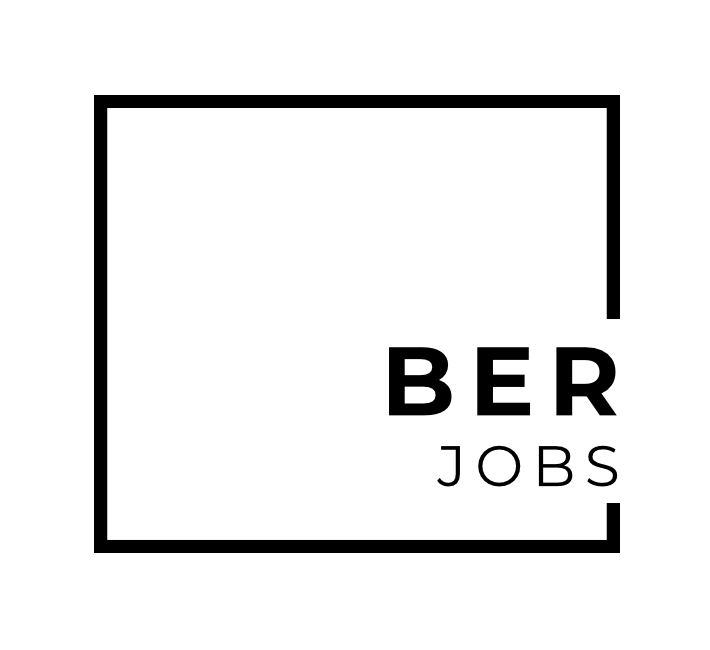Germany offers a wealth of opportunities for international professionals, but before you can start working, you’ll need the right visa. This guide walks you through the process step-by-step, ensuring you’re prepared and confident when applying.
1. Types of German Work Visas
Germany offers several visa options depending on your qualifications and job type:

• EU Blue Card:
For highly skilled professionals with a university degree and a job offer that meets the minimum salary threshold (€58,400/year in 2024, or €45,552 for shortage occupations like IT and engineering).
• Job Seeker Visa:
Allows you to stay in Germany for up to 6 months to find a job. You must prove qualifications and sufficient financial means.
• General Employment Visa:
For professionals in non-academic roles, provided there’s a job offer and approval from the Federal Employment Agency.
• Freelancer Visa:
For self-employed individuals or freelancers working with German clients.



2. Eligibility Requirements
General requirements for all work visas include:
• A valid job offer or employment contract (except for the Job Seeker Visa).
• Qualifications: A recognized university degree or relevant work experience. Check if your qualifications are recognized in Germany using Anabin Database.
• Sufficient financial resources to support yourself.
• Valid health insurance coverage for your stay.

3. Required Documents
Here’s what you’ll need for most work visa applications:
1. Application form: Completed and signed (available on the German consulate’s website).
2. Passport: Valid for at least 6 months beyond your stay.
3. Passport photo: Biometric.
4. Employment contract/offer letter: With job details and salary.
5. Degree or qualification certificates: Translated into German or English.
6. Health insurance proof: Mandatory for visa approval.
7. Proof of financial resources: Bank statements or a blocked account for Job Seeker Visa applicants.
8. Visa fee payment receipt: Typically €75.

4. Step-by-Step Application Process
Here’s how to navigate the application process:
1. Research the right visa type:
Understand which visa suits your situation best.
2. Prepare your documents:
Gather all required documents, ensuring translations and notarizations are complete.
3. Schedule an appointment:
Book a visa appointment at your nearest German consulate or embassy.
4. Attend the interview:
Bring all documents to your appointment and answer questions about your qualifications and job offer.
5. Wait for approval:
Processing times vary (4–12 weeks). Track your application status online if possible.
6. Travel to Germany:
Once approved, collect your visa and prepare for your move.
7. Register your address in Germany:
After arrival, complete the Anmeldung (registration) process at your local Bürgeramt.
8. Apply for a residence permit:
Within 90 days of arrival, convert your visa into a residence permit at the local immigration office.

5. Tips for a Successful Application
• Double-check your documents: Ensure everything is accurate and up to date.
• Prepare for the interview: Practice explaining your job role and why you’re moving to Germany.
• Apply early: Start your application process at least 3–6 months before your intended start date.
• Leverage professional help: Consider visa consultants if the process feels overwhelming.
By following these steps, you’ll be well on your way to securing your German work visa and starting your new career adventure. Keep this guide handy to navigate each stage confidently!
Next Steps: Ready to find a job in Germany? Check out our curated list of English-friendly job platforms to kickstart your search.














